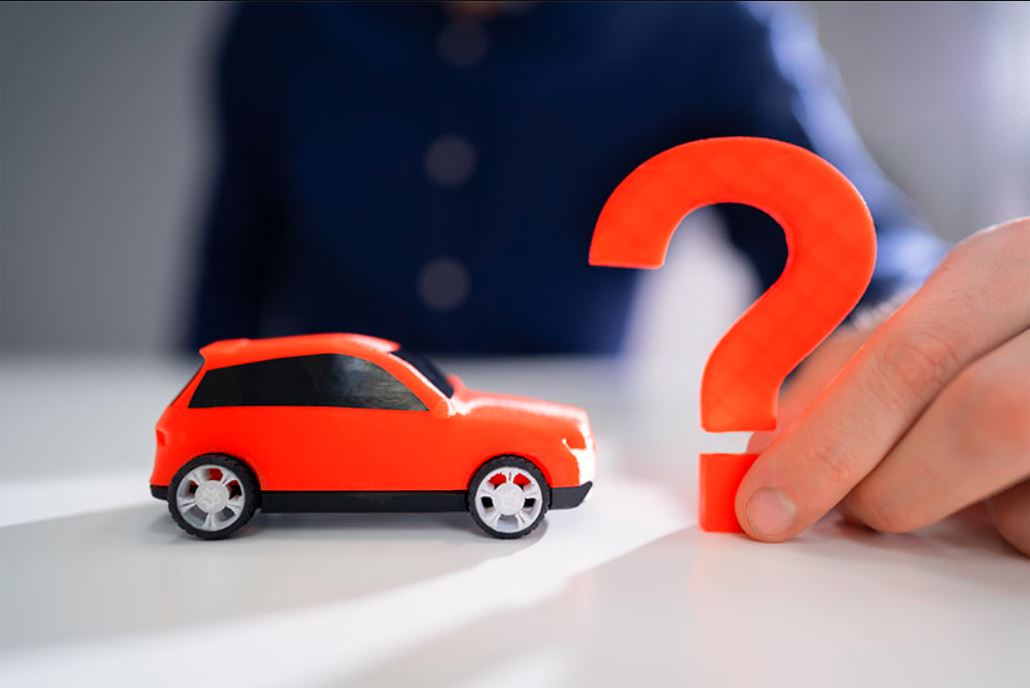By A. J. Griffiths-Jones
Unless you live in a large town with good transport links, driving in Turkiye is part and parcel of the move for most expats. Renting a vehicle in the long-term simply isn’t feasible and many foreigners have opted to drive their European motor over from their home country. However, the car can only remain in Turkiye for up to two years without incurring import duty, which can be excessive, in some cases far more than the value of the vehicle. It’s no wonder that after this period, most expats then sell their car and either buy one here or choose another means of getting around, such as by motorcycle or quadbike. It can also be tricky getting used to navigating highways and roundabouts in a right-hand drive car, which UK cars are for example, unless you’re used to driving overseas.
Due to the lack of second-hand older models, the outlay for a car in Turkiye can be double the cost of buying one in Europe, something which can greatly impact those living on pensions or with limited savings. On the upside, unlike most other countries the value of a car will actually appreciate here, and a vehicle purchased in 2021 might now be worth over twice what was initially paid for it, although those wishing to trade in their motor for a newer model will also find that they need to spend far more than they would have a few years ago. Another important consideration is the running of your vehicle, with rising fuel prices, toll fees and taxes. In fact, road tax this year has doubled with drivers finding themselves liable for twice the expected payment and car insurance constantly rises with inflation.
So is it really worth spending a large amount of your nest-egg on a car? For those who love to travel, I would say that it is. Turkiye is a vast country with a wealth of history and having the means to take to the open road, stop off to discover local attractions and explore the countryside is a definite factor in favour of driving here. With limited train routes for most towns, getting from A to B can be a time-consuming feat as you change buses and work out connections, although from a financial point of view you do get value for money. The other beauty of having your own transport is the ability to pack up a picnic for a spur of the moment day out or stock up on supermarket shopping in one go.
If you are thinking about taking the plunge and buying your first car in Turkiye, be sure to get some sound advice first. Paying an expert mechanic to look over the vehicle first is essential, as they will be able to pick up on any hidden damage and tell-tale signs of the car having previously been in an accident. You will then need the services of a legal expert to help transfer the log-book into your name, followed by a trip to the notary to issue new number-plates (containing central letters MA, MB or MC to denote a non-Turkish driver). Road tax can be paid via bank transfer or at the tax office once you have your registered papers and insurance can be purchased from one of the many ‘Sigorta’ offices, although do shop around as prices vary from company to company. If you do decide to purchase a car in Turkiye, drive carefully and ensure that you always have the necessary paperwork with you in case of police checks. Finally, enjoy the beautiful country that we choose to call home, there is so much to explore and sometimes going off the beaten track can be precious. Bon voyage!
